Key apparel and footwear organisations are calling for holistic, coordinated efforts by policymakers to drive sector-wide circularity. The Policy Hub — launched by the Sustainable Apparel Coalition (SAC) in collaboration with the Federation of the European Sporting Goods Industry (FESI) and Global Fashion Agenda (GFA) — has today published two position papers that outline the key principles that policymakers must focus on in order for the sector to transition to a circular economy. The Policy Hub unites the textile industry and its stakeholders to speak in one voice; and to propose policies that accelerate circular practices in the apparel, footwear and textile sectors.
With the recent European Green Deal reinforcing EU ambitions for a circular economy, the position papers highlight how the Policy Hub is playing an active role in helping to shape targets.
Circularity is a necessary priority to minimise the use of finite resources and enable the sector to operate within planetary boundaries. European Environment Agency’s report Textiles in Europe´s circular economy revealed the environmental and climate pressures caused by textile consumption and speaks to the growing need for policymakers and companies to take swift action. The Pulse of the Fashion Industry also reported that 73% of the world’s clothing eventually ends up in landfills and the global fashion industry is projected to grow by 81% by 2030, exerting an unprecedented strain on the planet.
Funded by C&A Foundation, the three organisations within the Policy Hub represent over 300 brands, retailers, manufacturers and other stakeholders, making the position papers a landmark step in creating a unified framework for circularity.
The new position papers published include:
- ‘Building blocks for a sustainable circular economy for textiles’ — offering fundamental recommendations for EU policymakers when establishing a circular economy for the textiles industry. Read more
- ‘A common framework for extended producer responsibility (EPR) in the apparel and footwear industry’ — outlining the necessary principles if EPR is to be implemented as the regulatory requirement to separately collect textiles by 2025. Read more
Amina Razvi SAC Executive Director, says, “Policymakers can influence and enable lasting change at scale in the apparel and footwear industry by prioritizing legislation and incentivizing action that supports a circular economy. These new policy papers reflect comprehensive and collaborative work of industry experts through the Policy Hub to outline for EU policymakers how they can lead in mitigating the harmful impacts of climate change.”
Jonas Eder-Hansen, Public Affairs Director, Global Fashion Agenda, says, “It is vital that we establish a circular economy in textiles if fashion is to thrive sustainably, but this can only be achieved with progressive policy. I hope policymakers will use the new position papers as tools to inform and accelerate action on circularity.”
Jérome Pero, Secretary General, FESI, says, “In my opinion the Policy Hub is the most ambitious yet realistic set of policy recommendations that will support the drive towards the circularity of the garment and footwear sector. If all stakeholders engage in this exercise, I am confident that Europe will be once more the policy defining actor on one of the important challenges of our time.
For more information, explore the Policy Hub’s new website, www.policyhub.org, which provides open resources and guidance for policymakers and brands. Interested organisations are invited to contact us!

